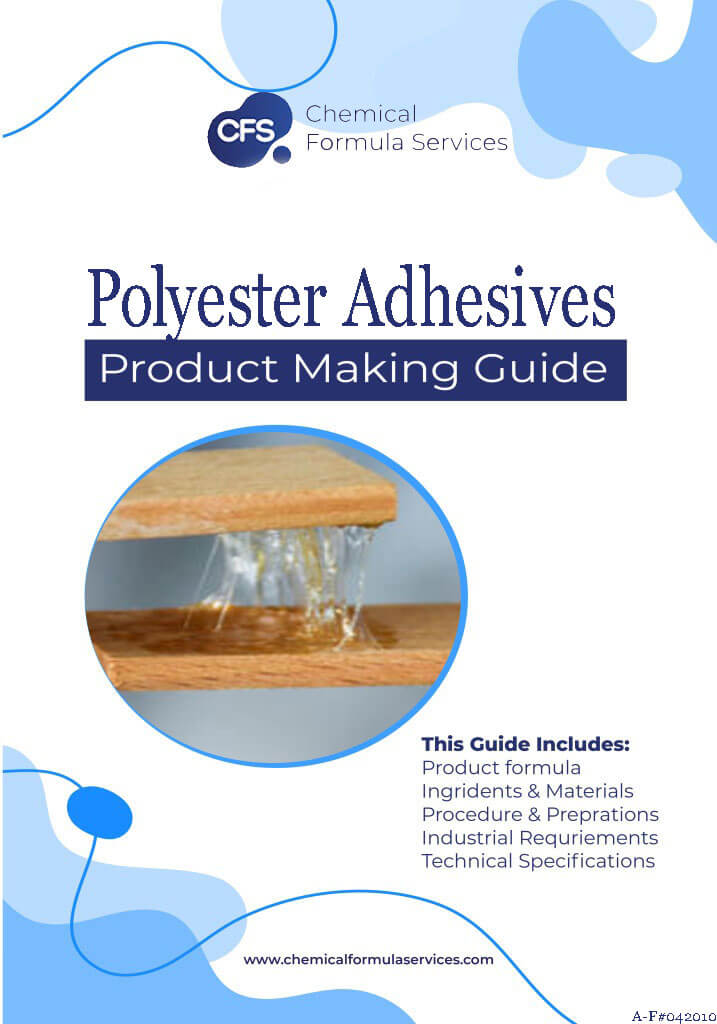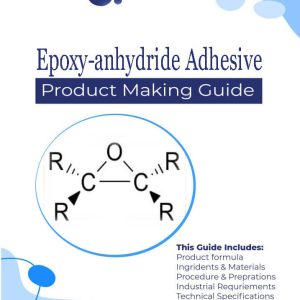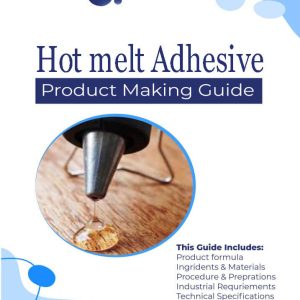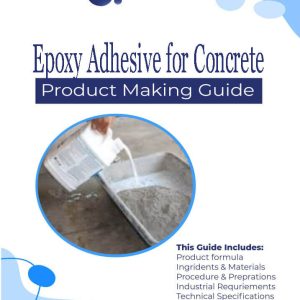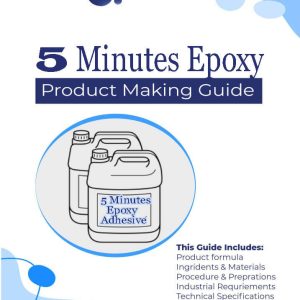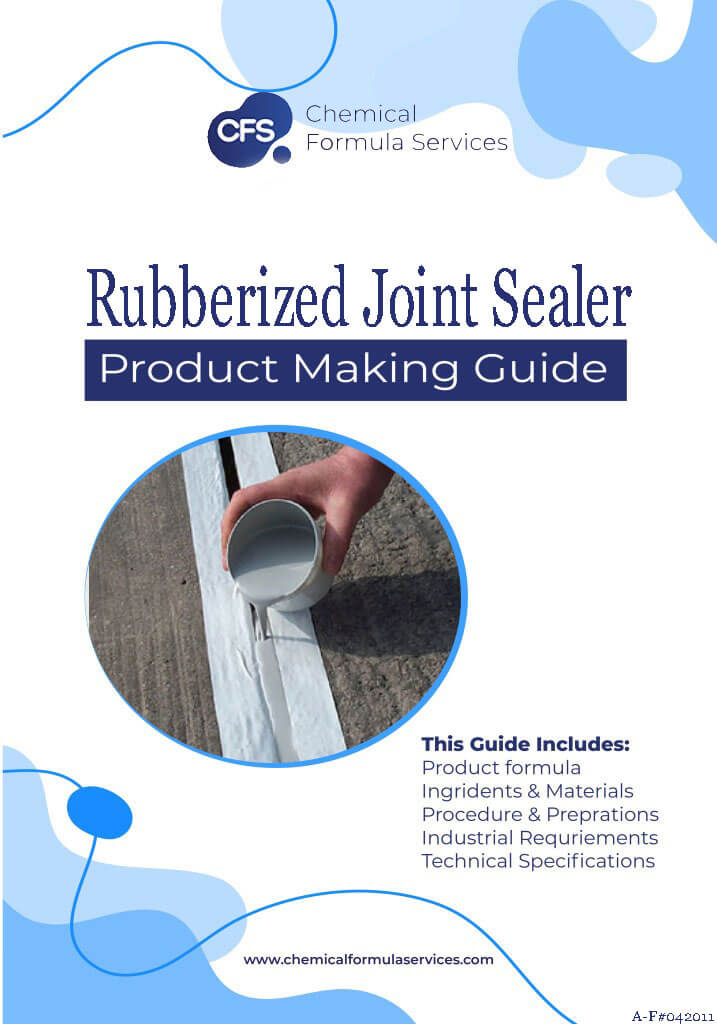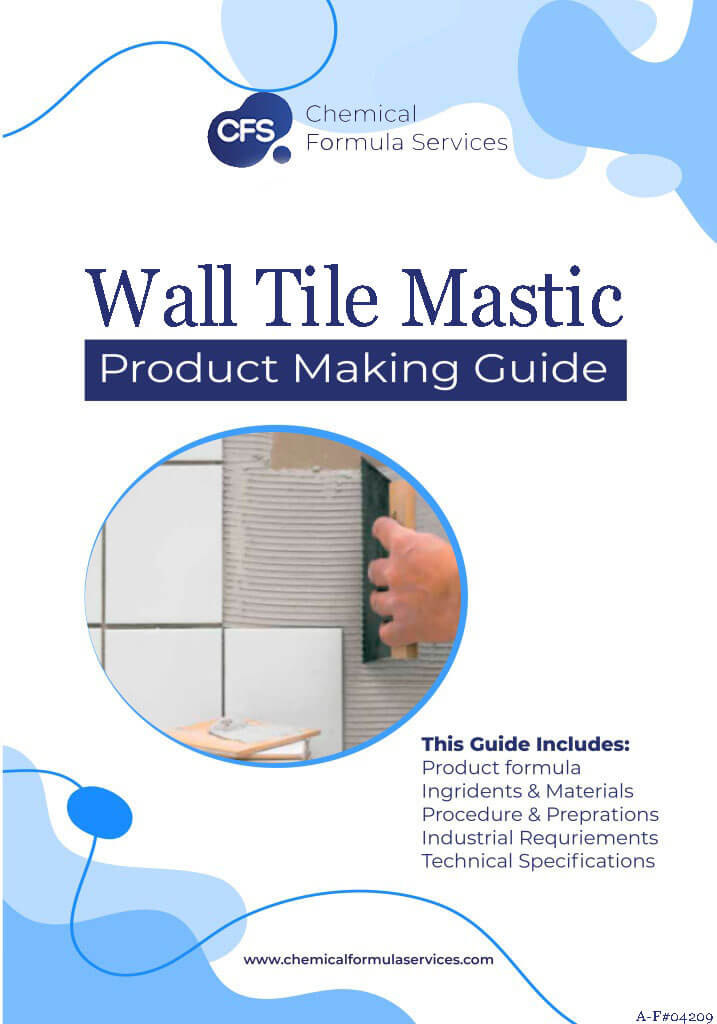Polyester Adhesives Formulations
$ 70
Price : 70.0 $
Description
Polyester adhesives are a type of adhesive that is based on polyester resins. They are widely used in various industries for bonding different substrates, such as metals, plastics, composites, and even some types of wood as well as best adhesive for polyester fabric.
Adhesive polyester is a type of adhesive or bonding agent that are based on polyester resins. These adhesives are versatile and are used in a wide range of industrial and commercial applications.
Polyester adhesive formulation
- Composition: Polyester adhesives are formulated using polyester resins as the primary component. These resins are typically combined with various additives, fillers, and accelerators to achieve specific performance characteristics.
- Types of Polyester Adhesives:
- Unsaturated Polyester Adhesives: These adhesives are thermosetting, meaning they cure or harden when exposed to heat. They are commonly used for bonding various materials, including plastics, composites, and metals.
- Saturated Polyester Adhesives: These adhesives are room temperature-curing and do not require heat for the curing process. They are often used in applications where high-temperature curing is not practical.
- Applications:
- Composite Materials: Polyester adhesives are frequently used in the manufacturing of composite materials, such as fiberglass-reinforced plastics (FRP) and carbon fiber composites.
- Automotive Industry: They are used for bonding automotive parts, including body panels, fiberglass components, and interior parts.
- Construction: Polyester adhesives are used in construction applications for bonding, filling, and repairing materials like concrete, stone, and metal.
- Marine Industry: In the marine industry, they are used for bonding and repairing boat hulls and other fiberglass components.
- Woodworking: Polyester adhesives can be used in woodworking for laminating and veneering.
Strength and Durability of product
- Polyester adhesives are known for their excellent bond strength and durability. They create strong, long-lasting bonds, making them suitable for applications requiring structural integrity.
- Resistant to Moisture and Chemicals: Many polyester adhesives exhibit good resistance to moisture and chemicals, making them suitable for applications exposed to harsh environments.
- Curing Process: The curing process for polyester adhesives varies depending on the type. Unsaturated polyester adhesives cure through a chemical reaction initiated by heat or chemical catalysts, while saturated polyester adhesives cure at room temperature or with the use of UV light.
- Flexibility and Shrinkage: Polyester adhesives may exhibit some degree of flexibility, but they can also have a tendency to shrink during the curing process. This shrinkage should be considered in applications where precise dimensions are critical.
- Safety Considerations: When working with polyester adhesives, proper safety precautions should be taken, including adequate ventilation and the use of personal protective equipment. Some formulations may release volatile organic compounds (VOCs) during curing.
- Alternatives: While polyester adhesives have many advantages, including cost-effectiveness and versatility, there are alternatives available for specific applications. For instance, epoxy adhesives are known for their exceptional bonding strength and chemical resistance, and polyurethane adhesives offer flexibility and durability.
Adhesive polyester making guide
Adhesive polyester are also used in hot melt adhesives which show a good adhesion, low melt adhesion and good adhesive stability when combined with certain monomeric ester plasticizers.
A number of polyester polymers are found useful as hot melt adhesives for structurally joining metals, woods, plastics and other materials. While the molecular weight of these polyester polymers is high enough to provide satisfactory cohesion and adhesive bond strength, their melt viscosities are high enough to be used in conventional application equipment, such as gear pumps or pistons. Pumps, which are widely used in the packaging industry, cannot be implemented by low viscosity, polyolefin based adhesive.
Decreasing the molecular weight of polyesters to a lower level drastically reduces the strength of the adhesive bond.
The manufacturing process of packaging adhesives based on ethylene-vinyl acetate copolymer, paraffin wax or other wax additives are used to reduce the melt viscosity of the adhesive mixture. However, none of these conventional viscosity-reducing waxes can be used to provide the desired melt viscosity with polyester polymers because they are not highly compatible with polyesters and have low viscosities in two-phase systems. Separate from the mixture as liquids form to overcome this problem order our formula services which will meet all the requirements of the industry.

